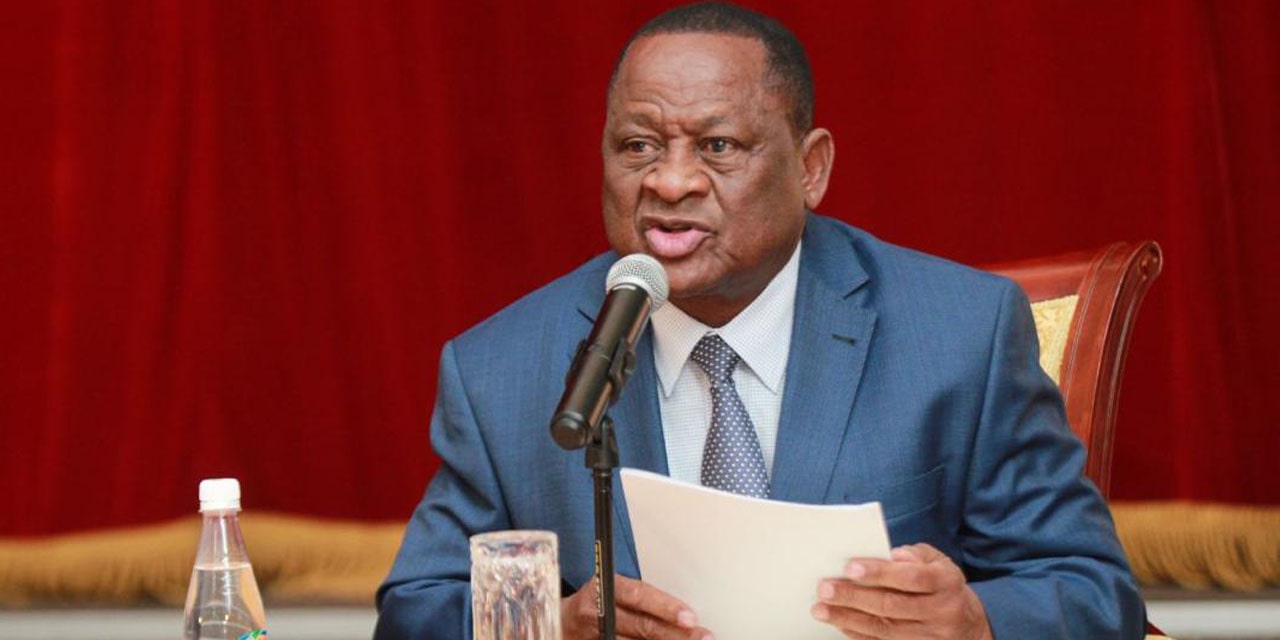Stefanus Nashama
Minister of Health and Social Service, Dr Kalumbi Shangula, noted that suicide has become a major public health concern and that urgent action is vital to prevent a further increase in the trend in Namibia
“Mental health conditions like depression, bipolar disorder and schizophrenia are associated with an increased risk of suicide,” he said.
Shangula was speaking at the commemoration of the 2023 World Suicide Prevention Day in Windhoek yesterday.
The Minister said the prevention of suicide has not been actively addressed due to a lack of awareness, which is shockingly a major public health concern across the country.
Apart from mental health conditions, Shangula further noted other contributing factors to suicide such as financial problems, relationship break-ups, substance abuse, chronic health issues, persistent pain or physical disability, feelings of isolation or helplessness and negative life events.
According to the Ministry, statistics from August 2022 to June 2023, Namibia has lost 623 lives to suicide, of which 511 or 82 percent are males and 92 or 15 percent are females. Among this number, 20 or 3.2 percent are from the youth demographic.
Shangula said these figures mean that the death rate by suicide is 21 per 100,000 amongst the population, with the highest incidence being experienced in Omusati, Oshikoto and Hardap Regions.
He highlighted that suicides are preventable, but that prevention requires dedicated efforts from all sectors of society.
“These efforts should be comprehensive and integrated to address the stigma of committing suicide,” he commented.
According to Shangula, persons with suicide ideations do not often seek help out of fear of being judged, stigmatised or labelled.
He specifically pointed out that men talking about and admitting to suicide ideation is perceived as a sign of weakness.
The Minister is of the view that raising community awareness and breaking down the stigma can prevent suicide incidents in the country.
“Suicide is a public health concern and deserves the same attention as physical conditions without discrimination,” he reiterated.
He added that the ministry has established a National Suicide Prevention and Treatment Action Group, aimed at ensuring collaboration between service providers in the prevention and treatment of suicide.
“It will clock with programmes and guidelines to mobilise resources and support Regional Suicide Prevention, and Treatment Action Groups in the implementation of programmes for 2024 to 2028,” he added.The Minister indicated the Action Group is made of a multi-sectoral team of experts consisting of different Offices, Ministries and Agencies of Government.
While urging Namibian communities to stand up and speak out against suicide.
“Let us encourage others to do the same so that we can break the chains of stigma and discrimination associated with suicide,” he motivated.
Acting World Health Organisation Country Representative Mary Brantuo said the suicide rate in the African Region is the highest in the World.
She ensured that the WHO would support Namibia to reduce the risk of suicide in the country.
She has since urged governments to develop and implement comprehensive national strategies for the prevention of suicide, with special attention to vulnerable groups.




